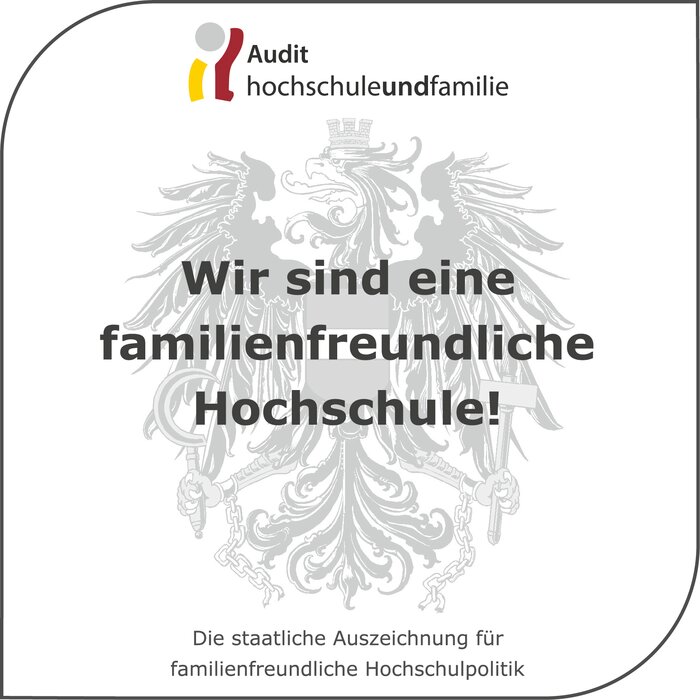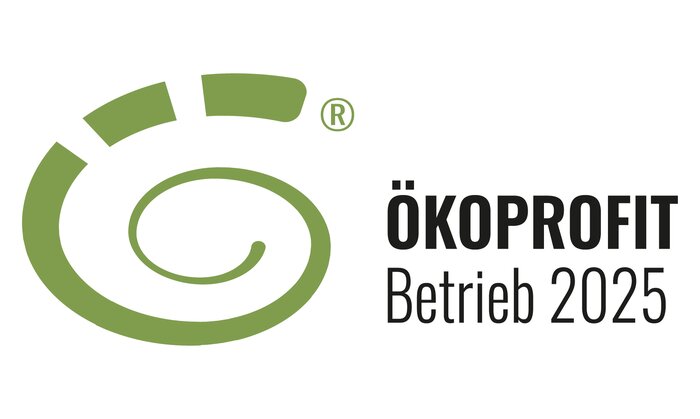Sustainable university
Sustainability@FHV
Strategic anchoring
We attach great importance to supporting our students, researchers, employees, stakeholders and society on the way to a more sustainable future and to promoting sustainability in all areas of the FHV - in teaching, research and everyday university life.
For this reason, we have defined the topic of sustainability as an element of the FHV strategy:
- Anchoring the topic of sustainability in university operations in the FHV's overarching social fields of action (operations, governance, teaching, research, transfer)
- Initiating sustainability management as a cross-cutting issue in relevant university structures, processes and procedures
- In the context of Mission ZeroV+, recording and reduction of CO2 emissions resulting from the university's electricity and heat supply and from business trips. By 2040 at the latest, these CO2 emissions are to be avoided as far as possible through targeted measures
- Networking, cooperation and exchange of the FHV as a founding member of the "Alliance for Sustainable Universities" (https://www.nachhaltige-hochschulen.at/)
Concrete measures and initiatives:
- Sustainable measures in the operational area and integration of ecological, social and economic aspects into decision-making processes, strategic orientation and structures
- ECOPROFIT certified company: environmental and climate management, optimization of Energy and resource use, increasing independence from fossil fuels, promoting the use of bicycles and public transport, reporting of CO2 emissions
- university and family certification, with the aim of designing study and working conditions to be family-friendly and to do justice to the diversity of lifestyles and family forms
- Preparing students for the issues of a sustainable future, empowering them to bring about positive change in society
- Exploring the basic principles of sustainability in our degree programmes and developing solutions for current and future challenges.
- Implementation of sustainability-related issues in the context of new and further development of study programs.
Examples:
- Topics such as transformation and circular economy as important components of the Environment and Engineering and Sustainable Energy Systems bachelor's and master's degree programmes
- Courses with a focus on sustainability such as "Sustainability in Economic Development", "Leading Change and Transformation", "Planet centric and Circular Design".
- Content on the Sustainable Development Goals (SDG) in the modules offered by Contextual Studies
Research projects on the (re)organization of business processes, energy efficiency, sensor and actuator technology, photonic applications and social innovations, assistance systems in care, digital energy systems.
Examples with which we initiate innovations and achieve long-term effects:
- Circular Lab: one of three innovation labs on sustainable digitalization, sustainable mobility and sustainable Business and Management in the Lake Constance region, deals with circular solutions in the textile industry and the agriculture and food industry.
- Hzb4FIEC researches flexibilities in energy systems, e.g. of heat pumps, electric cars or battery storage, competence development in the field of energy communities
- Klingel (Klima-angepasst und gesund leben) and TeleCareHub are researching and developing technology-based services to improve the quality of life of elderly people and people suffering from dementia and their relatives from a sustainability perspective
- Exchange with stakeholders, companies and society to promote sustainable change
- Events, discussion and networking to raise awareness among as many stakeholders as possible (e.g. Forward, Earth Day)
The following (non-state-owned buildings) are used by FHV:
| Building | Net internal area (m²) | Energy consumption kWh |
| Sägerstraße 4, 6850 Dornbirn (Ground floor to 4th floor) |
2 897 | 351 072 |
All other buildings used by FHV are owned by the State of Vorarlberg and are listed in the official building register of the State of Vorarlberg.



